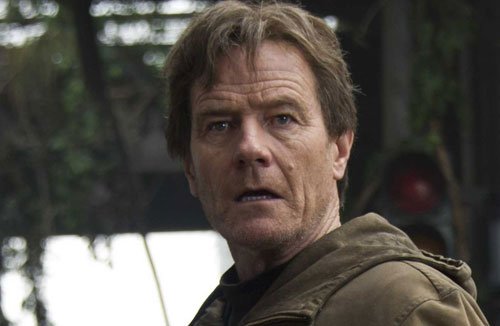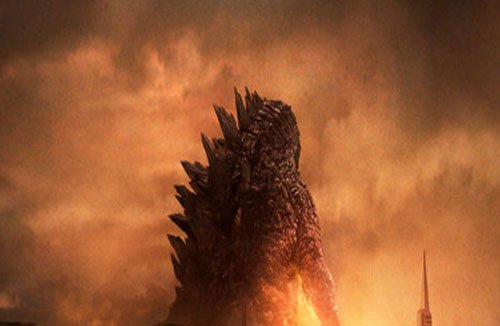GODZILLA review

As many people now know, Brian Cranston is a fine actor. He proves this point with his brief performance – brief being the essential word here – yielding maximum emotional development with minimal on-screen time. One could mistake Cranston as the protagonist of the film having viewed the various trailers he starred in but this is not the case. His character is killed off after roughly the twenty minute mark. With the emotional anchor lost in Cranston’s death the remaining established characters develop into functional viewpoints from which the various massive creatures can be partially viewed. Aaron Taylor-Johnson’s inability to render any emotional immediacy greatly contributes to this process. What began as a promising exploration of the relationship between an abandoned son and an estranged father is scrapped early on and there is no great effort made to replace it with anything meaningful which the audience can either relate to, or engage with. The action sequences float amid scenes which exist purely to provide exposition for a plot that only serves to keep the human inhabitants of the film busily passing bombs around, losing them and then trying to retrieve them.

